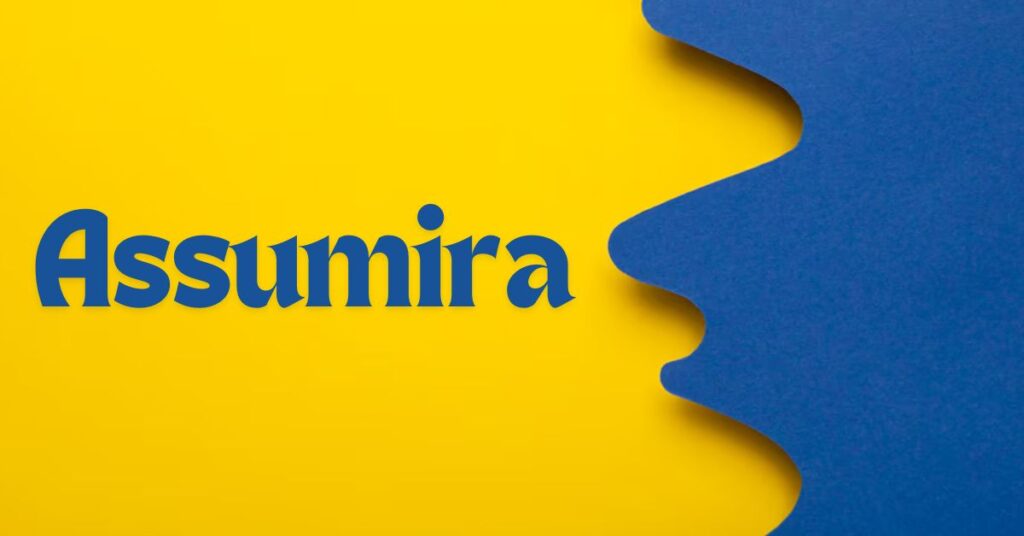In the present day, when life moves too fast, it is common for people to make assumptions that act as mental shortcuts to make decisions quickly. Nevertheless, in cases where these assumptions are not well founded or there is little evidence to support them, we get caught up in Assumira. This concept means making choices based on assumptions rather than real and factual information. Assumira can significantly impact our personal and professional lives, leading to misinterpretations, miscommunication, and wrong decisions.
Recognizing the impact of Assumira is crucial for anyone who aims to improve their decision-making processes. By addressing Assumira, we can cultivate a more conscious, evidence-based approach to our daily decisions.
Table of Contents
Assumira in Personal Relationships
Common Scenarios
Assumira frequently manifests in personal relationships, where assumptions about others’ thoughts, feelings, and behaviors can create unnecessary tension and conflict. For instance:
- Misinterpreting Silence: Assuming a partner’s silence means disinterest or anger without seeking clarification.
- Assuming Intentions: Believing a friend’s actions were meant to harm you, based solely on past experiences rather than the current context.
- Expectations: Expecting family members to understand your needs without explicit communication.
Strategies for Overcoming Assumira
- Open Communication: Encourage honest conversations where feelings and thoughts are explicitly expressed.
- Ask Questions: Before jumping to conclusions, ask clarifying questions to understand the other person’s perspective.
- Active Listening: Pay attention to what is being said without planning your response. This fosters genuine understanding.
Assumira in the Workplace
Impact on Communication and Efficiency
Assumira can lead to miscommunications, reduced efficiency, and even costly errors in professional settings. Examples include:
- Project Misalignment: Assuming team members understand project goals and tasks without confirming, leading to inconsistent results.
- Client Relations: Making decisions based on assumed client needs rather than verified requirements, resulting in dissatisfaction.
- Employee Morale: Managers often assume employees are content and engaged without seeking feedback, leading to low morale and high turnover.
Case Studies
- Tech Industry: A software development team faced delays because developers assumed requirements based on initial discussions, missing out on crucial updates.
- Healthcare: A medical team makes treatment decisions based on assumed patient symptoms rather than waiting for test results, compromising patient care.
The Psychological Aspect of Assumira
Cognitive Biases
Assumira is often driven by cognitive biases such as:
- Confirmation Bias: The tendency to favor information that supports existing beliefs while ignoring contrary evidence.
- Overconfidence Bias: Overestimating one’s knowledge or ability to predict outcomes accurately.
- Availability Heuristic: Relying on readily available information, such as recent experiences, to make decisions, even if it’s not representative.
Training the Mind
- Mindfulness: Practice being present and aware of your thoughts, reducing the automatic nature of assumptions.
- Critical Thinking: Develop skills to analyze and evaluate information before forming conclusions.
- Reflective Journaling: Regularly reflect on decisions made and the reasons behind them to identify patterns of Assumira.
Overcoming Assumira: Practical Strategies
Encouraging Open Communication and Inquiry
- Promote a Culture of Openness: Foster an environment where questions are welcomed, and assumptions are challenged.
- Feedback Loops: Regularly seek and provide feedback to ensure alignment and understanding.
Validation and Fact-Checking Processes
- Double-Check Assumptions: Verify the facts and seek additional perspectives before making important decisions.
- Implement Validation Tools: Utilize checklists and protocols to consider all relevant information.
Conclusion
Assumira can significantly impact personal and professional lives by leading to miscommunication, inefficiency, and flawed decision-making. By recognizing and addressing Assumira, we can cultivate a more informed, evidence-based approach to our daily decisions.
To develop our decision-making skills, we must first question our assumptions. Open up communication channels, acknowledge facts, and challenge yourself to evaluate your thinking constantly.
In a universe where numbers, information, and evidence are becoming more accessible by the year, one does not have to depend on weakly founded assumptions in making choices. Why don’t you embrace the task of conquering Assumira in all aspects of your life to ignite the prospects of having a more meaningful and efficient outcome?


